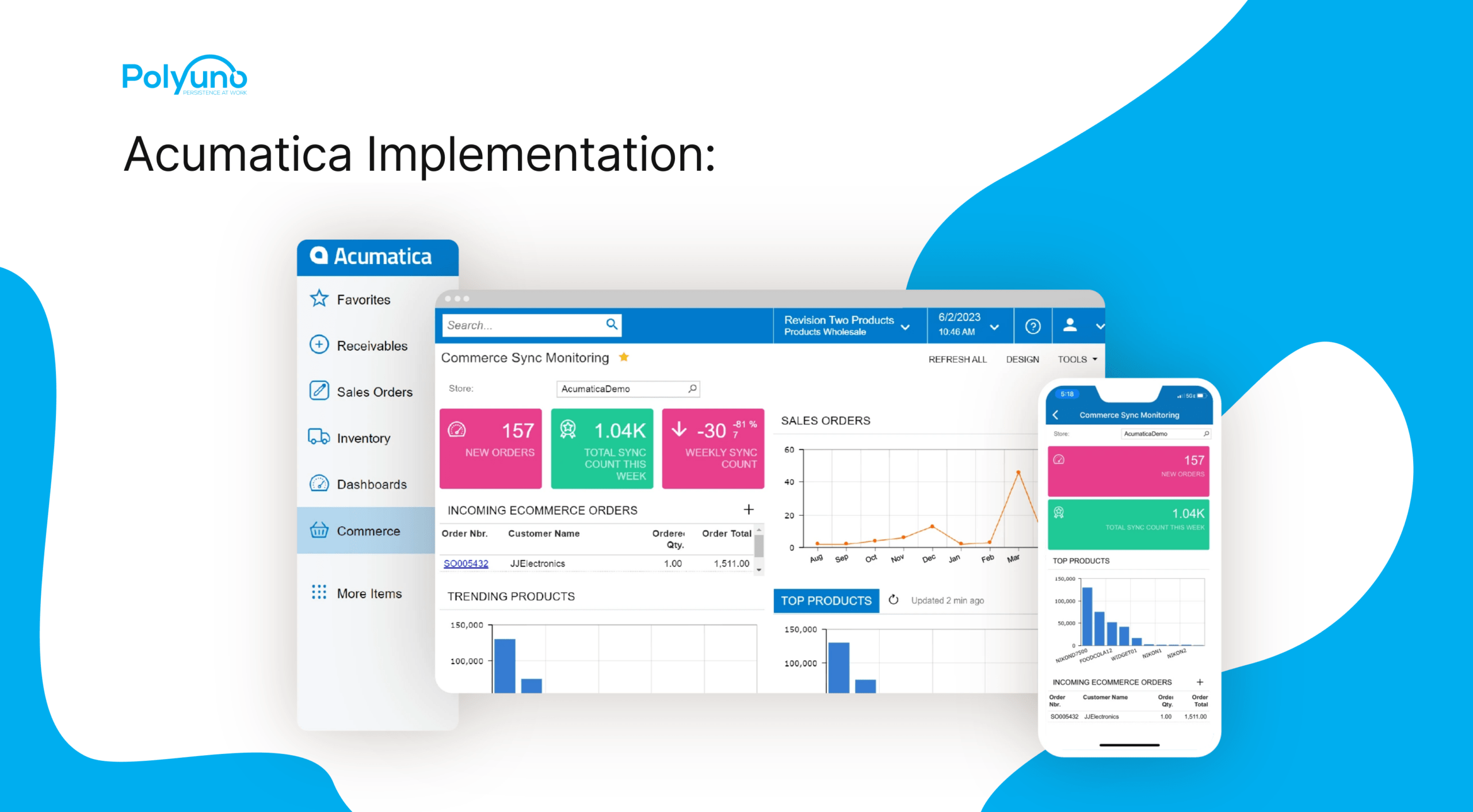
You can find more than three million apps on the Apple App Store, and the Google Play Store combined. App developers are scrambling to come up with new, never-seen-before apps. In this tough creative competition, protecting your idea is imperative. If you are a software developer and have a bright new app idea, you must protect it from being stolen. You might be asking, how to protect your app idea from being stolen? Well, this article tells you exactly how you can protect your app idea from being copied in seven easy steps.
1. Develop the app
Did a brilliant app idea just strike you? What are you waiting for then? Get to building it now! Developing the app as soon as possible is one of the best ways to protect it from getting stolen. Start translating your idea into code immediately, without telling people much about it. Once you have a preliminary prototype, you can take further actions to protect your vision and make sure no one else can take credit for it.
If you are using a Software Development agency to develop your app, make sure they hand over the copyrights to you after completing the project. This way, once they have created your app, and you have paid their bill, and the transaction is complete, the app is your intellectual property. Otherwise, technically speaking, the app belongs to whoever built it- which is the developer agency in this case. However, once they have transferred the copyrights to you, the app belongs to you.
2. Non-Compete and Non-Disclosure agreement
A Non-disclosure agreement (NDA), or a proprietary information agreement (PIA) s a legal contract or section of a contract between at least two parties that describes confidential knowledge, material, or information that the parties want to share with each other for specific purposes, but wish to restrict access to for others. NDAs are used by all businesses trying to protect their intellectual property. If you hire a third-party app development agency to build your app, you must ensure that they sign an NDA. By signing an NDA, they’ll be agreeing to keep details of your app idea confidential. If your app idea gets leaked through the agency for some reason, they will be held accountable at the court of law.
On the other hand, a Non-compete agreement is a contract wherein an employee promises not to get a job with a competitor company of any kind after the employment period is over. These agreements also prohibit the employee from divulging proprietary knowledge or secrets to outsider parties during or after employment. A non-compete agreement will render the app development agency unable to share your app idea with any of your competitors. However, most developers are rarely willing to sign a non-compete contract.
An attorney can help you with both of these agreements.
3. Apply for a patent
The third step in the process of protecting your app idea from being stolen is a patent application. But, applying for a patent is no walk in the park. The process takes up to 2 years and can be quite expensive. But, once the patent has been filed, all you have to do is protect your apps’ functionality.
Since the patent application is a long and pricey process, you must ask yourself if your app is indeed worth it or not. Will the produced app yield high returns? Is it truly new and beneficial? Filing a patent for the app will be more expensive than your initial investment in developing and implementing the app. A provisional patent helps deal with this particular issue. It protects your idea for a year. You can use this time to work on your app and improve it.
4. Trademark the name and logo for the app
Trademarking is an effective way of preventing people from stealing your app idea. Once you have trademarked your app, others will be unable to use your app’s name, icons, and logo.
Trademarking isn’t limited to the name and logo. You can also trademark the functionality and features of your app. Thus, effectively preventing your competitors from copying or stealing your ideas. Trademarking also restricts your competitors from using names and logos and similar to what you have and tricking consumers into thinking they are purchasing your app. Once again, you need a lawyer to guide you through the trademarking process.
5. Apply for Copyrights
Copyrighting is another simple but effective way of ensuring your app idea isn’t stolen. However, the main drawback of copyrighting is that ideas cannot be copyrighted. So, you will have to file for Copyrights to your app after it has been built. But you can use Copyright to protect the source code, text, content, etc. The process is more comfortable and cheaper than filing for a patent or trademark.
6. Get into business with the right people.
If the people you have decided to business with have a loose moral compass, you are in trouble. Thoroughly vet whoever you intend to do business with. Ensure that they have a solid reputation for working with a comparable clientele. Selecting trustworthy people will go a long way in protecting your app and the ideas behind it.
- Don’t infringe on other’s ideas
Recently there has been a lot of discussion about the fine line that exists between inspiration and copying. At what point does inspiration become plagiarism? While this a more prominent problem in the fashion industry, the software industry also falls victim to it. Of course, we are often inspired by others’ works, but you must ensure a certain originality level in your work and app ideas.
Many, many apps are “inspired” by popular apps. Instead of remaking the same or similar app, try coming up with original app ideas that fill a market gap and user needs.
Final thoughts
No one strategy will prevent your app idea from being stolen. Nor is there a clear, set answer to the question of how to protect your app idea from being stolen. Depending on your circumstances, you have to implement a combination of the steps mentioned above. But most importantly, never, never give up because you’re scared someone might steal your idea. Ideas hold great power.




